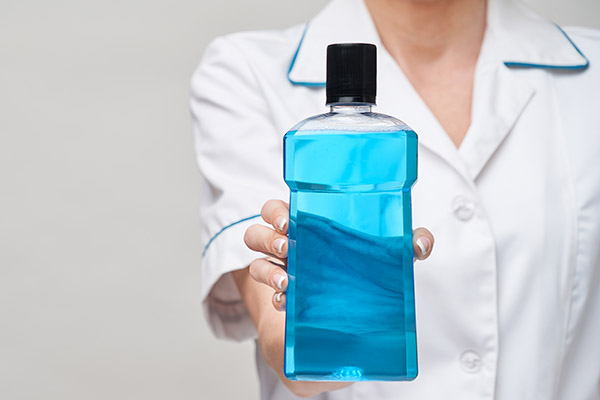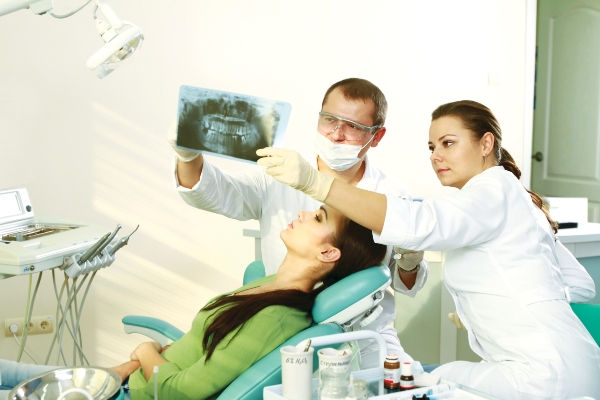 If you are getting ready for a smile makeover, there are some things you should prepare for. This process can restore your smile and the function of your mouth. Depending on your condition and needs, the dentist will perform one of a variety of treatments. To get the most out of the treatment, you need to take good care of your teeth and gums. Part of doing this is using a mouthwash.
If you are getting ready for a smile makeover, there are some things you should prepare for. This process can restore your smile and the function of your mouth. Depending on your condition and needs, the dentist will perform one of a variety of treatments. To get the most out of the treatment, you need to take good care of your teeth and gums. Part of doing this is using a mouthwash.
Different smile makeover options and when the dentist recommends one
A variety of issues can occur to affect a person’s smile. Genetics can play a role, as some people are born with misaligned teeth or bite dysfunctions. Other problems come about due to poor oral hygiene. Traumatic injuries to the mouth can also damage teeth, hampering a smile.
The dentist has multiple solutions available for the patient. For stained teeth, a teeth-whitening treatment may be a good option. The dentist may fit the patient with dentures or implants if the person has suffered tooth loss. Crowns, veneers, and bridges are other possibilities to improve a smile. For crooked teeth, aligners or braces could be the right choice.
Why mouthwash is important to use
After getting a smile makeover, the patient should not neglect good oral hygiene. This means committing to brushing at least twice a day and flossing daily. Using mouthwash each day can also keep teeth and gums healthy and strong. An effective mouthwash will kill bacteria that build up in the mouth. By removing these bacteria, there will be less of a risk of the person developing tooth decay, gum disease, and infections.
Look for the right ingredients
Just as a person should select an appropriate smile makeover procedure, the right mouthwash is essential. With so many products available on the shelves of stores, it can be difficult knowing which one to buy. A key to choosing a good product is to make sure it has certain ingredients. The mouthwash should have fluoride, which will help strengthen teeth. When buying mouthwash, the individual should also make sure the product has plaque-fighting ingredients. It should also have antibacterial and antimicrobial compounds.
Check with the dentist
During regular visits and after getting a smile makeover, the patient should consult the dentist about buying mouthwash. Some products are more effective than others. The dentist will be able to guide the patient in purchasing a product that meets the person’s needs. The mouthwash should also have American Dental Association approval. This ensures that the product has undergone appropriate testing.
Make your treatment last
Can you imagine investing the time, money, and effort in a smile makeover, only to see it wear out much earlier than it should? This can be frustrating, but it can also happen if the person does not do their part. By ignoring good oral hygiene practices, restoration devices and smile-improvement treatments can fail. An important component in good aftercare is to use a mouthwash product. Following these guidelines can help ensure that your treatment keeps your teeth looking good for years to come.
Request an appointment or call Frankford Dental Care at 215-302-1746 for an appointment in our Philadelphia office.
Recent Posts
A smile makeover is something to show off and be proud of, as restorative procedures are designed to improve the form and function of the smile. Some people may have repairs done for purely aesthetic purposes and to create a whiter, brighter, and more uniform smile. Others may choose treatments that give them beautiful teeth…
The quality of your smile makeover experience is often determined by the dentist you choose to perform it. Read on to find out how to choose the right dentist. The good news is there are steps you can take to help ensure you choose the dentist that is right for you according to your treatment…
A dental problem can cause a headache or migraine, which might require smile makeover treatments to fix. Various illnesses can cause excruciating headaches, and they are not all limited to the head. There is a link between headaches, migraines, and your teeth in certain circumstances.Headaches can cause nausea, face tingling, dizziness, and sensitivity to sound…


